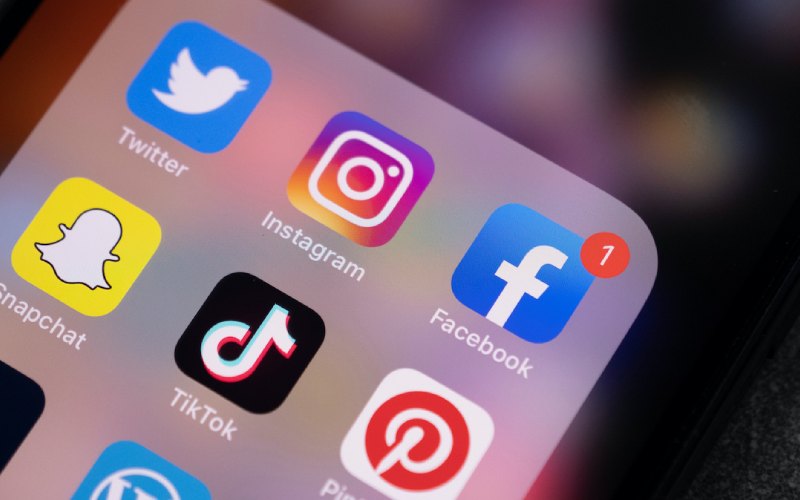×
The Standard e-Paper
Stay Informed, Even Offline

Our social networks are rapidly becoming the site of intense commercial and electoral contestation. Voters in both the United State of America and Uganda found their access to messaging apps sharply curtailed this week. With new WhatsApp privacy guidelines looming, we must consider what the risks are and how we are protected by the Data Protection Act (2019).